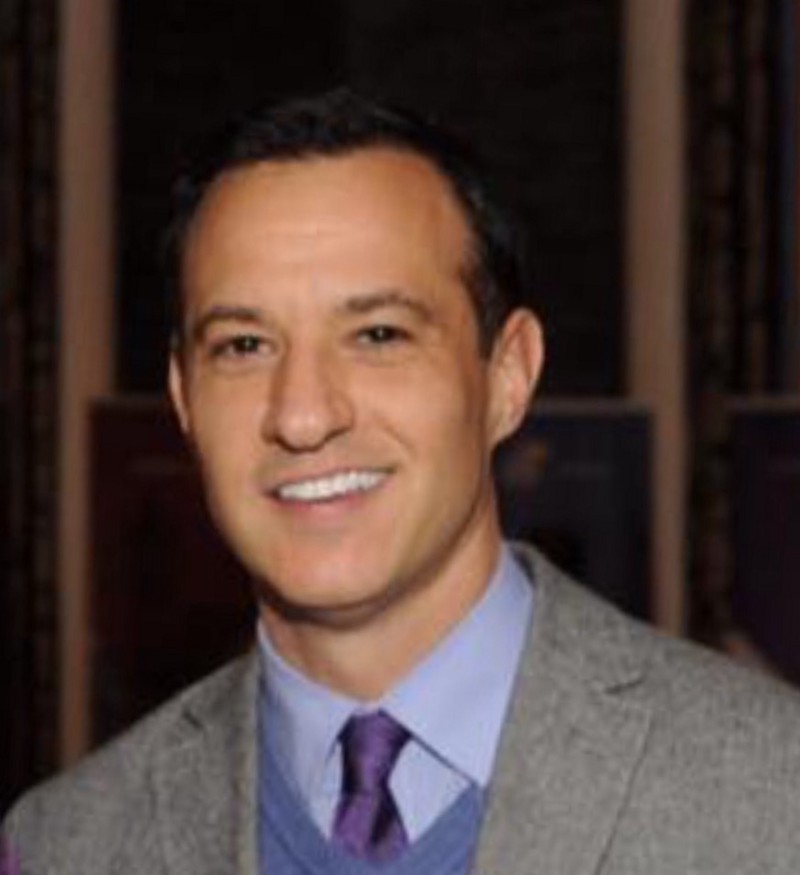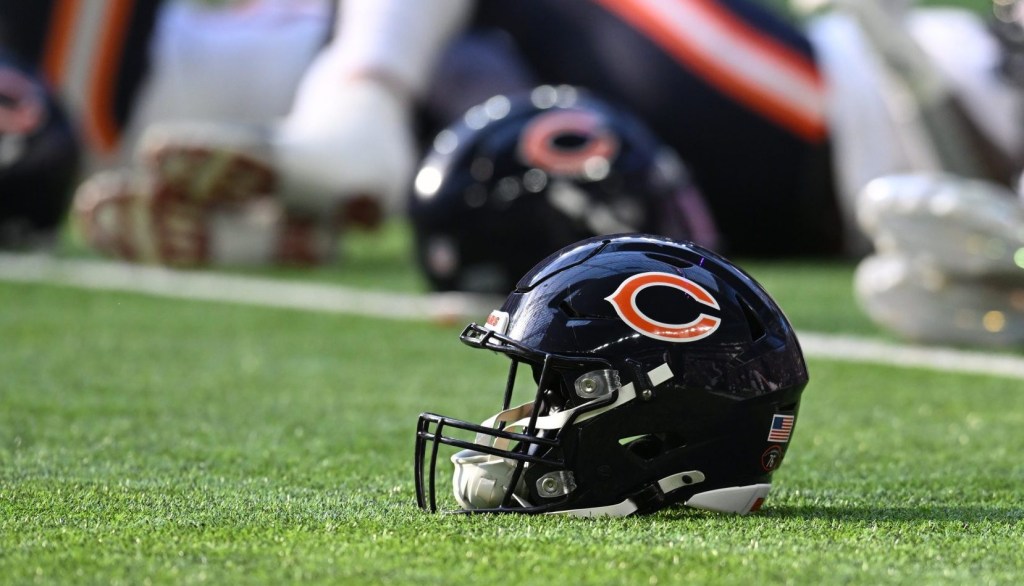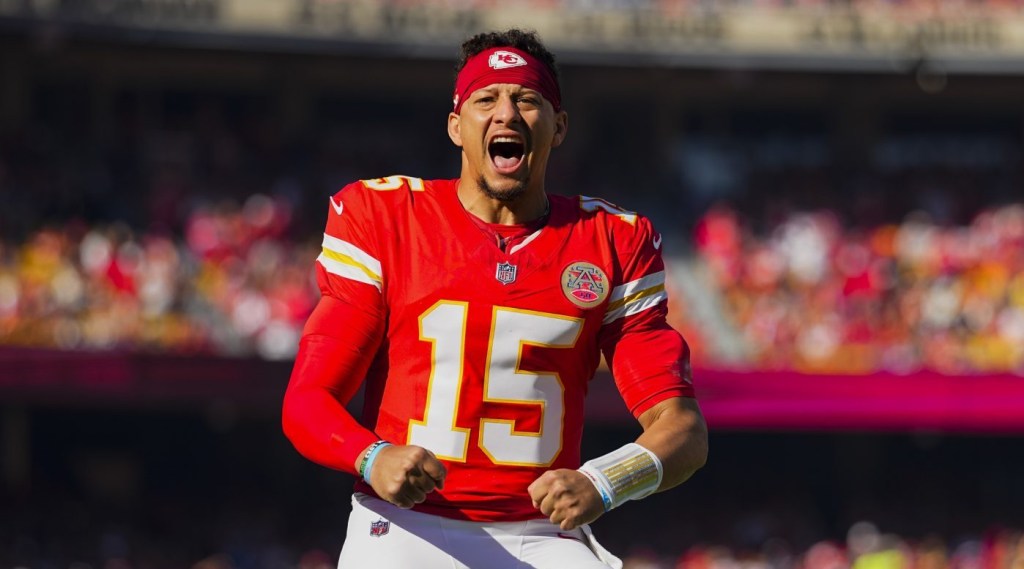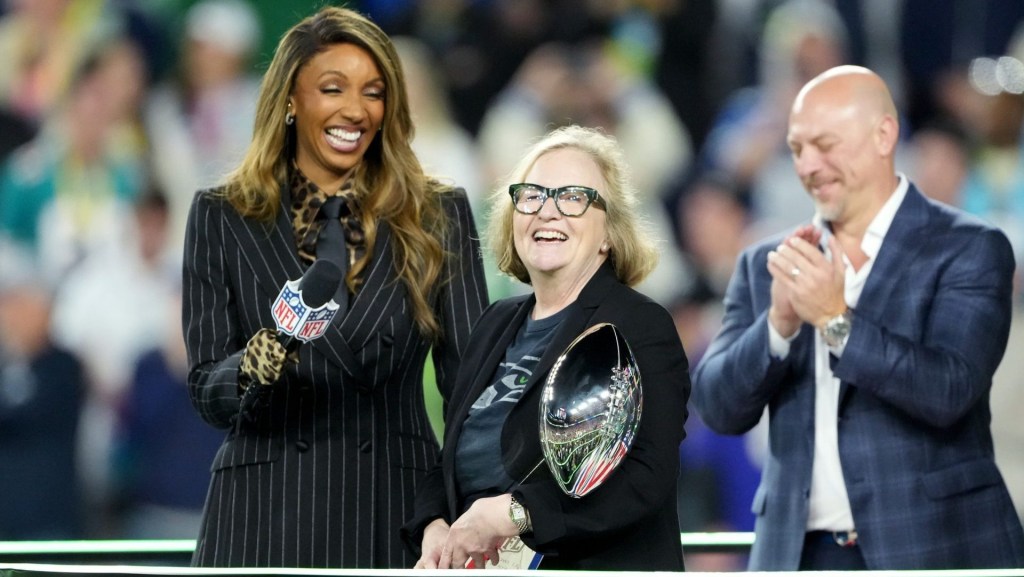This interview is presented to you by the University of Nebraska — Lincoln Master of Arts in Business with a Specialization in Intercollegiate Athletics Administration
By: Austin Weaver, @AustinTWeaver

For the last 11 years, Joe Schad has been synonymous with breaking college football news. On his cross-country trip to begin a new opportunity covering the Miami Dolphins for the Palm Beach Post, Schad was generous enough to share his career journey and some advice he has picked up along the way.
From Queens, New York to Miami, Florida (with stops along the way)
“It is funny that I ended up being a college football reporter, because growing up, I didn’t follow it as closely as I did other sports.”
Raised in Queens, New York, Schad was drawn to the hardwood and the St. John’s basketball program that featured players like Mark Jackson, Chris Mullin and Malik Sealy. The draw was strong enough that Schad would attend St. John’s, where he would eventually graduate with a degree in Journalism.
During his studies at St. John’s, Schad served as the sports editor and eventually the editor in chief of the school newspaper. Attending a smaller school offered opportunities that Schad encourages others to seek out.
“My path was through a smaller school, where I got to be a bigger fish in a smaller pond. A lot of people I would go on to work with at places like ESPN went to a Syracuse or Missouri, where the journalism schools have a rich tradition. No matter what your situation is, you have to make the most of it. Looking back, I’m thankful for the opportunities I had to do different things like broadcasting almost every men’s basketball game, hosting radio shows and editing for the newspaper. In today’s media, you have to have a diverse array of talents and being able to do so many different things in college has paid dividends.”
After graduating, Schad packed his belongings into a Volkswagen Passat and made the trip to Gainesville, Florida, where he joined the Orlando Sentinel covering the University of Florida. Schad would spend the next four years in that role, a time he calls some of the greatest years of his life. (But who would complain about four years of Gainesville without having to go to class?)

After leaving the Orlando Sentinel, Schad joined the Palm Beach Post as a reporter covering the Miami Dolphins and, for the first time, the National Football League. After almost two years of covering the Dolphins, Schad joined ESPN in June of 2005 as a college football reporter.
Schad would spend the next 11 years at ESPN, appearing on SportsCenter, College GameDay and many other programs, where he reported on a variety of topics from coaching changes, underclassmen declaring for the draft and NCAA violations. Schad also broadcasted more than 144 games as ESPN Radio’s top sideline reporter, including six national championship games.
With the NFL season quickly approaching, Schad has rejoined The Palm Beach Post, again, covering the NFL and Miami Dolphins.
Covering College Football vs. NFL
Much like the players making the jump from the college ranks to playing professionally, there are unique challenges that a reporter faces between the different levels.
“In college football, the coach is king and, in most successful situations, the highest paid employee in the state. Coaches are paid more than university presidents, state governors, athletic directors and, as we know, way more than any player. That is one of the biggest differences, it isn’t a meritocracy (where everyone has the right to express their opinions and are encouraged to share them openly), but rather is a more dictator type dynamic. As it relates to media, some of the most successful coaches sometimes believe they don’t have to answer to the media, but not only the media, also board of directors and athletic directors who, in reality, are their bosses. It is a power structure that creates its own challenges, and that isn’t to say the NFL is perfect.”
The same reason that covering college football can be difficult, leads to one of the benefits of working with professional football players.
“I am excited to get back to the NFL, where I will be dealing with professionals, mature adults who often times because they are making so much money and part because they have escaped the NCAA dictator type set-up, who will say what they want and what they think to be true. As professional players they have been empowered to do so.”
While some players are willing to open up with the media, covering the NFL still has its challenges.
“There are some very wealthy players that have come to the thought that they only need to speak to the media once a week and that they don’t have to answer difficult questions because they know more than any fan or media member.”
While there may be pros and cons of covering the two different levels, Schad is excited for the access to players that the NFL offers.
“I am looking forward to having an open locker room dynamic, where if you approach things the right way, you can create man-to-man, personal, human relationships that extend beyond what happened on a blown assignment or if a player is going to sign a new contract or if a player believes they are underpaid. When you have the chance to create a human relationship with someone, there are better opportunities to relay deeper, more accurate information to the fans. My purpose is to serve the fan and is one of the reasons I am excited to move back to covering the NFL.”
The Evolution of Sports Journalism and Skills Necessary for Success
As digital media and social platforms continue to evolve, journalists have been forced to adapt in order to remain effective. While some of the platforms have changed, Schad believes the skills needed to find success remain the same.
“In the 25 years I’ve been working in sports journalism, the way media is being consumed is very different. Through the prevalence of cable sports television and a focus on social media websites, there are many things about sports journalism that are different from when I began. However, many of the same characteristics and traits of successful individuals in the industry are the same. The most successful people are not only the hardest working, but the smartest working. That transcends any industry.”
“You need to spend a majority of your time figuring out what you need to be doing with the majority of your time. Your organizational efforts will come into play when the moment comes, just like a baseball player stepping into the batter’s box in the bottom of the ninth inning. All of the time you have spent preparing for the opportunity is what will allow you to capitalize on the opportunity when it presents itself. As a reporter who breaks news, it becomes easier to break news stories and gather information when you have efficiently managed your time and how you developed your resources, knowledge base and built the right relationships.”
Building relationships is a key part of any role, but in an industry where trust is crucial, the need for two-way relationships is magnified.
“It is no coincidence that they say those that know the most people have the most success. It is flat out true. Those with relationships win, they just win. You have to manage how you build relationships and who you build them with. Have you found the right phone number? Have you developed and maintained that relationship?”
“You have to understand the significance of maintaining contact with people in an appropriate fashion and sharing information with them they might need or want to know. It is also important that you understand how to use the information that someone is sharing with you. I would say about 90 percent of my communication with sources and contacts is through texting. You need to take the time to make sure the meaning and context of certain messages; is it off the record or should there be no attribution?”
In only 140 characters, Twitter encompasses both the best and worst of sports media. A “glorious haven and the worst negative cesspool all in the same breath,” sports journalists have had to learn to manage a new media platform.
“Social media has been terrific for the fan, it gets them the information quickly, for free, all day, every day. For a news breaking reporter, there are some plusses when it comes to setting out a clear delineation of who broke what story. Twitter has become the official scorekeeper. It has also led some reporters to take increased risks because of the pressure to be first. Social media has also created a space that, as we know, allows coaches, players and journalists to be criticized both by legitimate journalism type sources, but also by others who perhaps don’t deserve the voice they have been given through social media.”
While the negativity and the corresponding gang mentality and echo chamber can be a huge turn off for some, Schad mentioned one of the key positives is the ability for individuals to have access to direct communication with someone else regardless of notoriety.

So You Want to Work in Sports — Advice from an Industry Leader
Working among industry leaders in a variety of roles, what skill or trait does Schad think is the key to those that experience success? Communication.
“Whether it is an executive in a company or in a franchise, I have learned that the most successful people have the ability to motivate through effective communication. There are some really smart people that I have found are unable to execute their mission, their ideas and objectives because they are unable to communicate in a positive, enthusiastic, encouraging, hopeful, clear and concise fashion why a group of people or an individual need to do a certain task.”
“The most important part of that is making sure everyone understands why it is critical for them to do their job, both for the success of the individual, but also the company. I would encourage anyone that is leading a group to look in the mirror and ask yourself if you are doing these things.”
Learning from the advice of those with industry experience can be some of the best growing opportunities and sometimes a mentor leaves a quote with lasting impact.
“When I was first starting in the field, a veteran reporter told me ‘don’t love your job because it won’t love you back’ and it has been something I have fought my entire career. I have always felt that people are most effective when they are fueled, not just by fear and hate, but by love for what they do. I now understand what the quote was supposed to mean; you have to put your health, family and your overall happiness ahead of your job.”
“I certainly don’t define my happiness by my job like I did when I was younger. I also think he was trying to say that jobs will come and go, colleagues will come and go. You have to put your job in the proper perspective. My friend Rece Davis, speaking at a conference said, ‘my job is what I do, not who I am.’ Few do it as well as Rece does and we both take great pride in our work, but in the end it is just a part of you, it doesn’t define who you are.
It is often said that experience is the greatest teacher and when Schad was asked if he could go back in time and tell himself something at the beginning of his career, he offered a powerful metaphor.
“If you go to a car dealership and buy a car, you wouldn’t run the car full-throttle from the moment you got the keys to when you wreck it. It is important to be aggressive, dogged, determined and to have a strategy to be successful, but you can’t run at top speed from the very beginning. Sometimes it makes sense to ramp up into what you are doing.”
A lot of times we measure our level of success on the path of others, but Schad describes how he measures his work.
“It doesn’t matter if someone is critical on Twitter or a blog if I can go to sleep at night knowing I gave great effort, was fair and honest, and can feel good about the work I did that day, that is the most important thing to me from a job perspective.”
Dream Jobs Do Become Reality
Most people have a dream job, but never get to experience that work. Sometimes the dream becomes reality.
“It is crazy, from the age of 12 maybe even younger, all I ever wanted to be was a sports columnist like Mike Lupica. To be able to execute that dream has been awesome.”
Be sure to follow Joe on Twitter

















